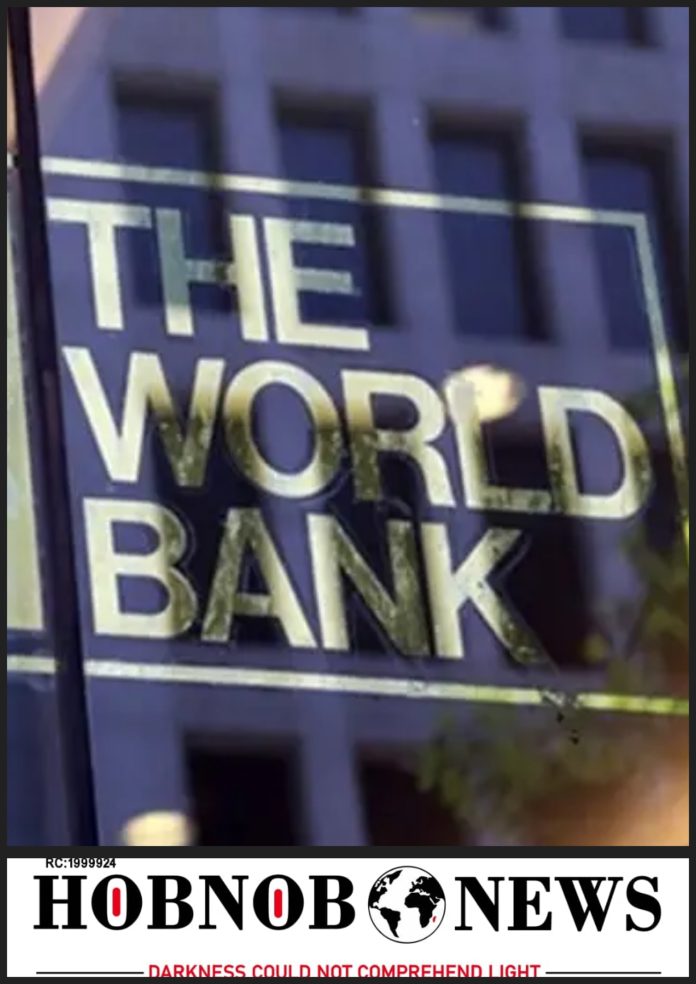A new prediction by World Bank has projected Nigeria’s GDP to increase by 3.7% by year 2025.
The World Bank’s most recent study, “Global Economic Prospect: Subdued Growth, Multiple Challenges”, says Nigeria’s economy is expected to grow by 3.3%, up from a projected 2.9% in 2023.
Part of the report reads:
“Growth in Nigeria is projected at 3.3 per cent this year and 3.7 percent in 2025—up 0.3 and 0.6 percentage points, respectively, since June—as macro-fiscal reforms gradually bear fruit.
“The baseline forecast implies that per capita income will reach its pre-pandemic level only in 2025.”
The momentum, according to the World Bank is predicated on the present macro-fiscal reforms being gradually implemented.
President Bola Tinubu has implemented some reforms since ascension in May 29, with emphasis on infrastructure development, manufacturing, and technology.
These reforms include the removal of fuel subsidies and the harmonization of foreign exchange rates.
The World Bank stated that commerce, services, construction, and agriculture will propel the nation’s economic growth.
The 2023 State of Global Food and Nutrition Security report averred further that there has been a 133% increase in food insecurity among Nigerians in just three years. Between 2020 and 2022, the number increased from 63.8 million in 2014 to 148.7 million in 2022.
“Inflation should gradually ease as the effects of last year’s exchange rate reforms and removal of fuel subsidies fade. These structural reforms are expected to boost fiscal revenue over the forecast period,” the World Bank declared.
The Washington-based bank admitted that the naira redesign policy caused the Nigerian economy to soften to an anticipated 2.9% in 2023.
The report said:
“Growth in the region’s three largest economies—Nigeria, South Africa, and Angola—slowed to an average of 1.8 percent last year, holding back the region’s overall growth.
“In the region’s other countries, growth softened to 3.9 per cent, partly reflecting a sharp decline in metal exporters’ growth alongside lower global metal prices. Moreover, intense and prolonged conflicts hampered growth in several countries.
“More broadly, post-pandemic recoveries were slowed by weakening external demand and domestic policy tightening to address persistent inflation.”
In another development, the National Bureau of Statistics NBS estimates that Nigeria’s GDP grew at a rate of 2.54% to N60.66 trillion as of Q3 of 2023.
NBS said the growth rate exceeded both the 2.51 percent growth in the second quarter of 2023 and the 2.25 percent growth noted in Q3 of 2022.

